As Donald Trump positions himself for a potential return to the White House, his team has begun revealing key appointments for a second administration. The emerging lineup reflects both continuity with his first term and strategic new additions, suggesting a careful balance between loyalty and experience. These early selections provide insight into Trump's priorities, particularly regarding immigration enforcement, foreign policy, and environmental regulation. While many positions remain unfilled, the initial appointments indicate a clear direction: assembling a team of proven allies who have demonstrated their ability to execute his agenda. The nominations also show Trump's willingness to elevate figures who stood by him during contentious periods, including his impeachment proceedings and challenges to the 2020 election results.
Trump has tapped Susie Wiles as White House Chief of Staff, making her the first woman to hold this crucial position. Wiles brings over four decades of political experience to the role, including managing Trump's previous campaigns. Her appointment speaks to Trump's trust in her abilities, earned through years of successfully navigating his political operations.
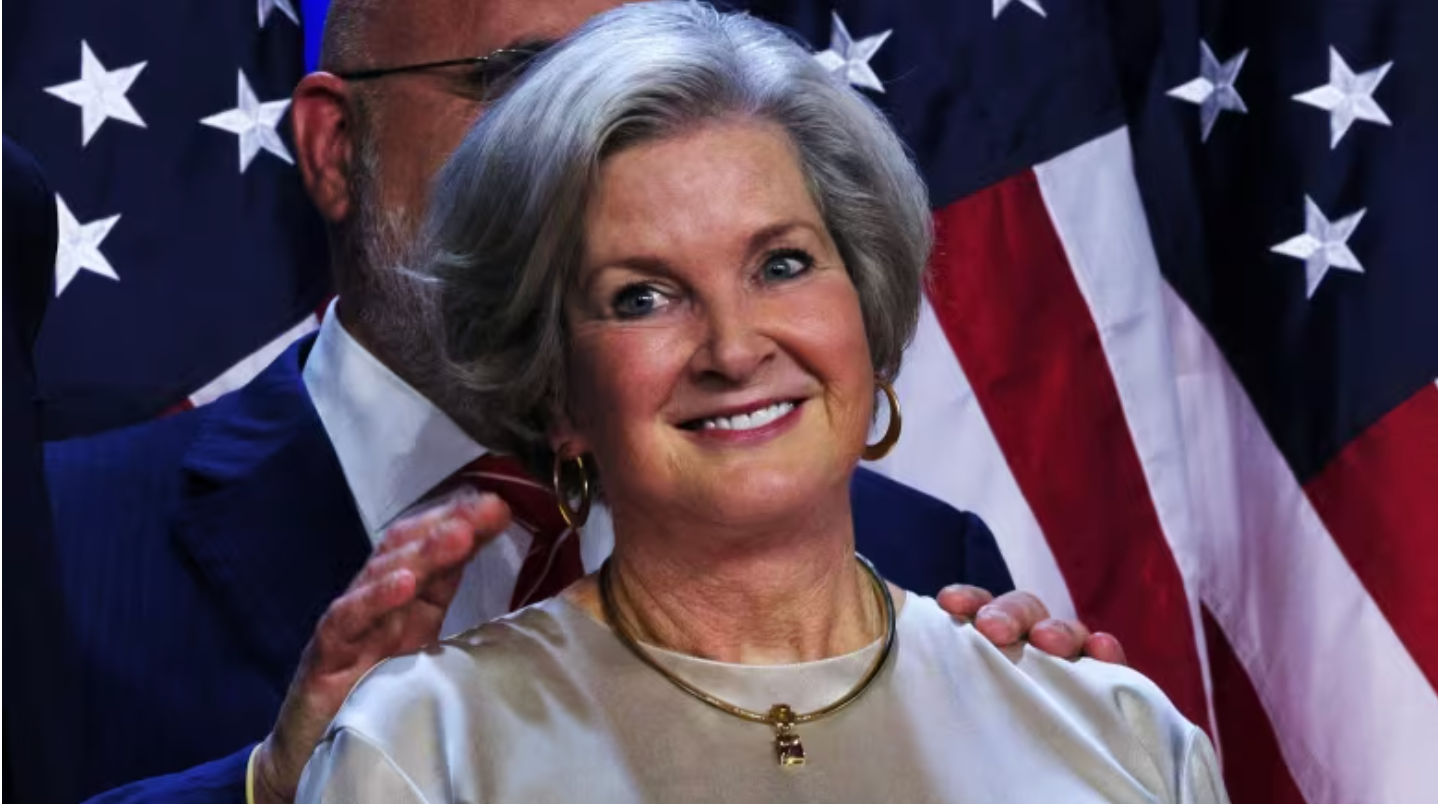
Wiles has worked with prominent Republicans, including Ronald Reagan, and played pivotal roles in Florida politics, helping elect both Rick Scott and Ron DeSantis. Her experience managing complex political relationships and Trump's unique leadership style positions her as a potentially stabilizing force in an administration that previously saw significant turnover in this role.
Rising Republican figure Elise Stefanik was nominated by Trump as UN Ambassador. The New York congresswoman caught Trump's attention during his first impeachment hearings, where she emerged as one of his most effective defenders. Since then, she's climbed the party ranks, replacing Liz Cheney as House Republican Conference chair and becoming a leading voice for Trump's foreign policy vision.
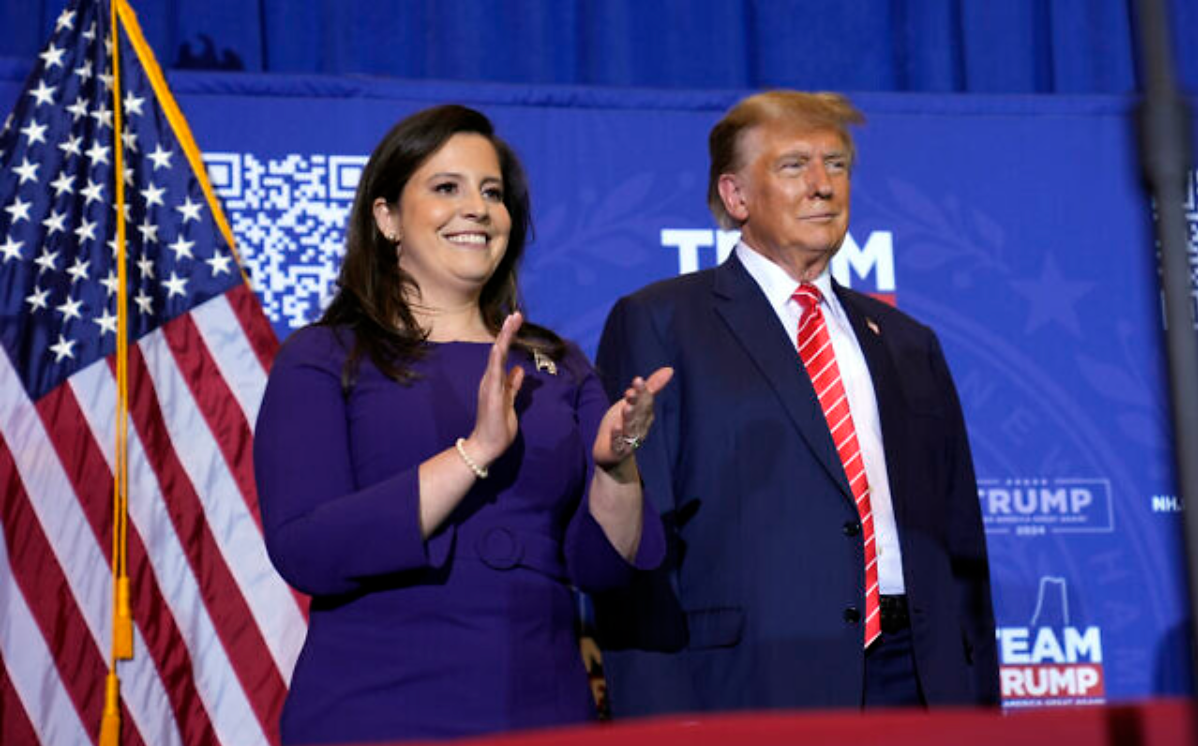
Her stance on international affairs mirrors Trump's skepticism of traditional diplomatic approaches – she's pushed back against U.S. aid to Ukraine while strongly backing Israel. At the UN, she'll face immediate challenges: tensions in the Middle East, ongoing questions about Ukraine funding, and increasing friction with China. Her nomination suggests Trump wants a more combative presence in an institution he's long criticized.
Border security veteran Tom Homan brings hands-on experience to his role as Border Czar, fresh from a stint as Trump's ICE director that saw deportation numbers jump nearly 40%. Unlike many of Trump's picks, Homan worked his way up through the ranks of immigration enforcement, starting as a Border Patrol agent in 1984. He's been outspoken about what he calls the current border crisis, regularly appearing on conservative media to criticize Biden's policies.
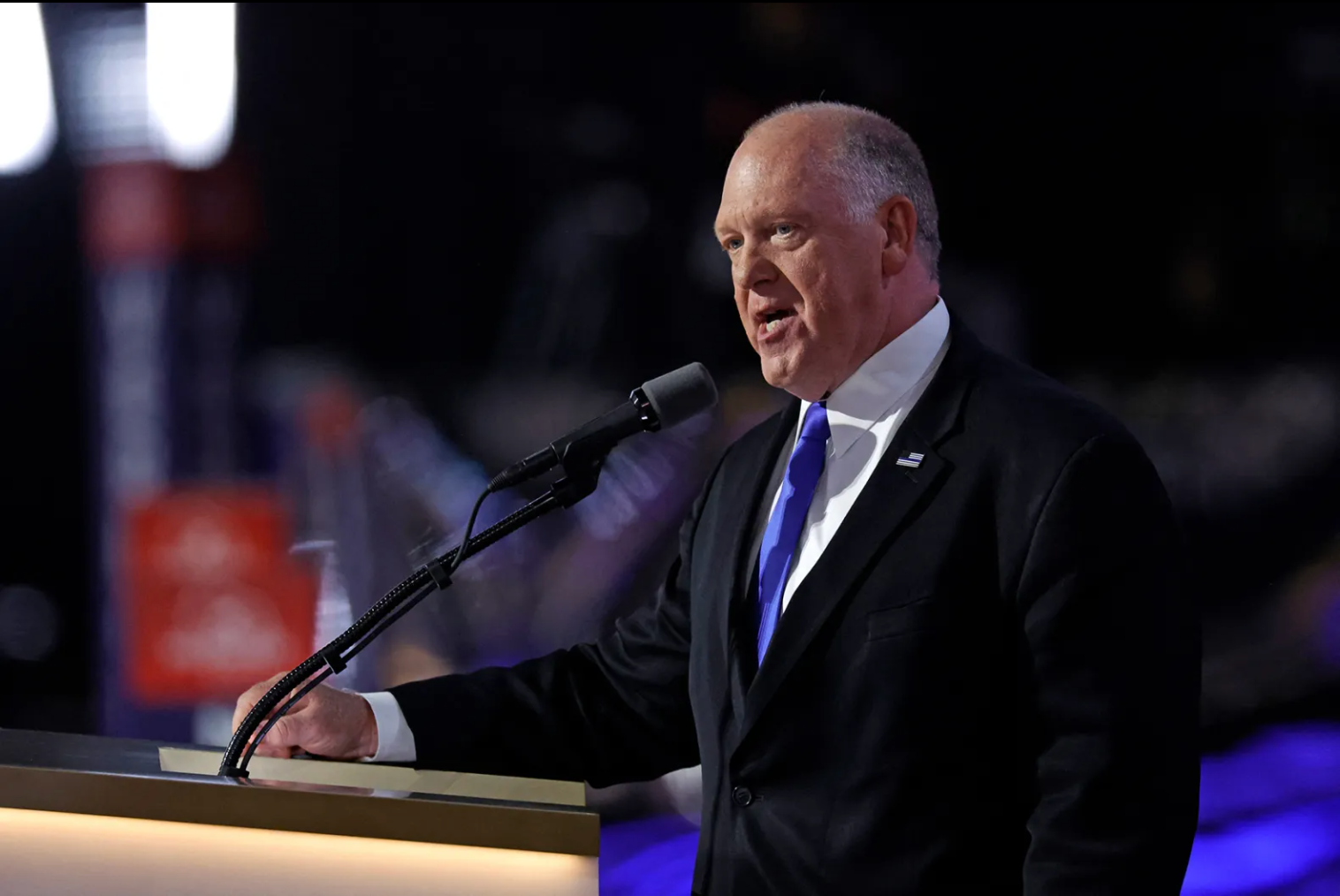
The Border Czar position, which won't need Senate approval, gives Homan broad authority over what Trump promises will be the largest deportation effort in American history. Colleagues describe him as a tough-minded operator who knows the system inside and out – exactly what Trump wants for his ambitious immigration agenda.
Trump loyalist Stephen Miller's return to the White House as Deputy Chief of Staff comes as a surprise to few. Since leaving government, Miller hasn't exactly been idle – his America First Legal organization has become a conservative powerhouse, filing lawsuits against progressive policies nationwide. In his new role, he'll have even broader influence, shaping policy across all federal agencies.
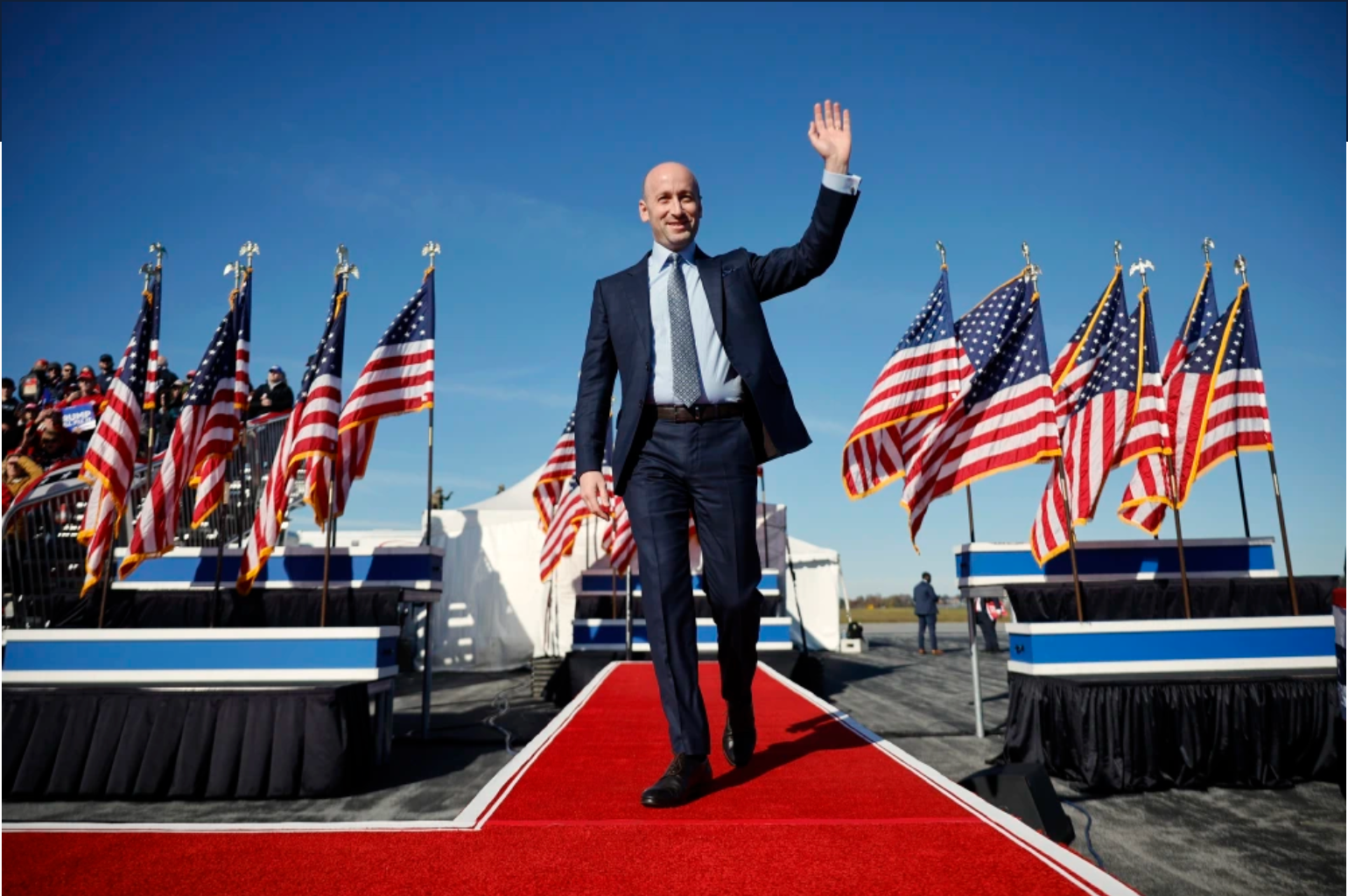
Immigration has been Miller's signature issue since his early days as a Senate aide, and former colleagues expect him to push for even stricter border measures in a second Trump term. His influence extends beyond just policy – Miller's known for his careful attention to messaging and rhetoric, often crafting the language Trump uses to frame major initiatives. At 38, he'd be one of the youngest Deputy Chiefs of Staff in recent memory, but few in Trump's circle can match his experience in turning contentious policies into reality.
Lee Zeldin's nomination as EPA Administrator points to a dramatic shift in environmental policy. The former New York congressman, who narrowly lost his 2022 gubernatorial bid, has consistently advocated for deregulation and expanded fossil fuel production.
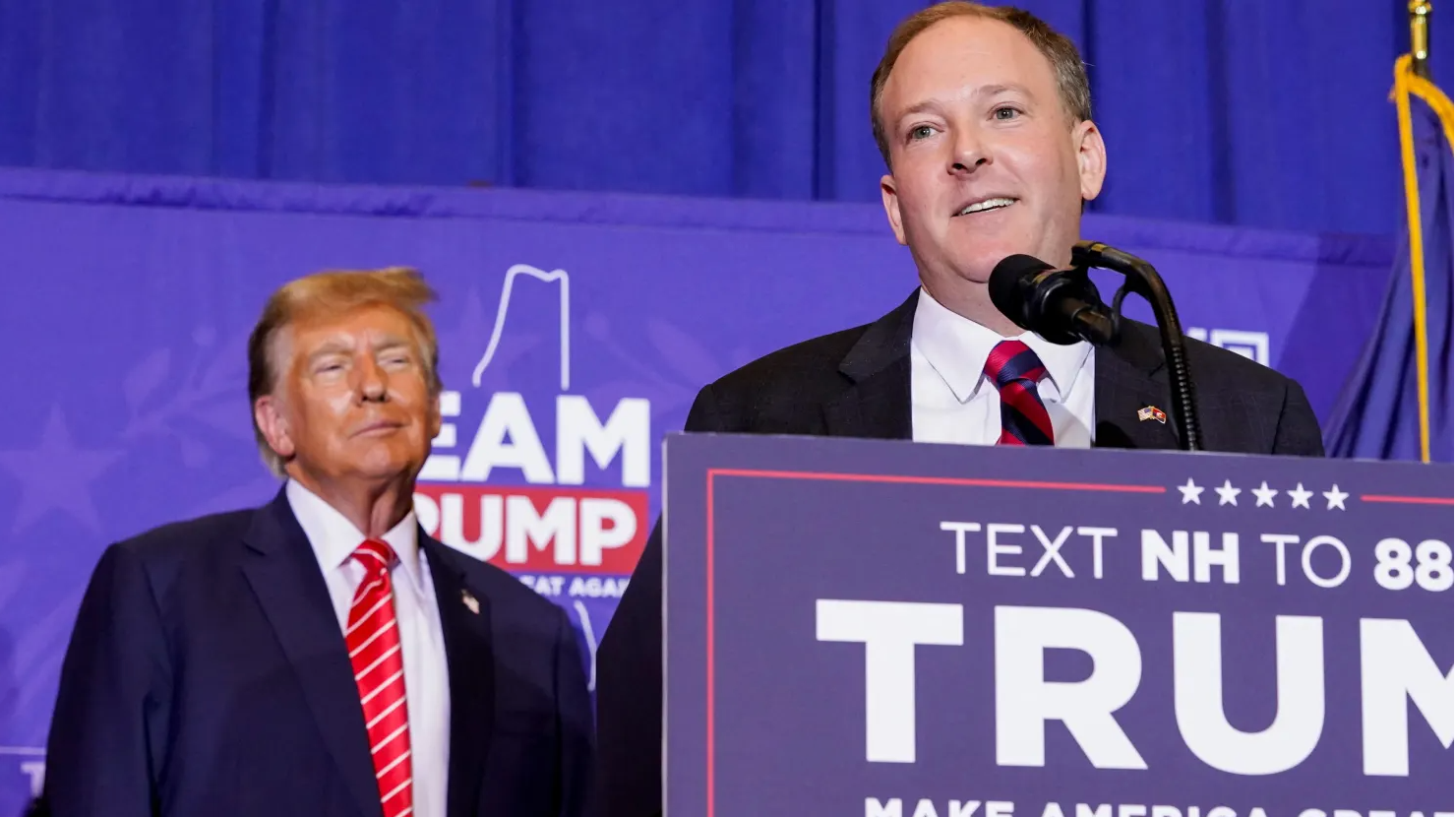
As EPA head, Zeldin would be positioned to roll back Biden-era environmental regulations while promoting what Trump calls "energy dominance" through increased oil, gas, and coal production. His approach to environmental policy emphasizes economic growth over climate concerns, suggesting a significant departure from current federal environmental priorities.
These initial appointments offer a preview of Trump's vision for a second term, emphasizing immigration enforcement, deregulation, and a more confrontational approach to international institutions. The selections combine experienced hands from his first administration with loyal allies who have proven themselves in recent years. While many cabinet positions remain to be filled, the current nominees suggest Trump is prioritizing individuals who not only share his policy views but have demonstrated their ability to implement them effectively. As more nominations emerge, they will likely continue to reflect this pattern of rewarding loyalty while seeking expertise in executing his agenda.



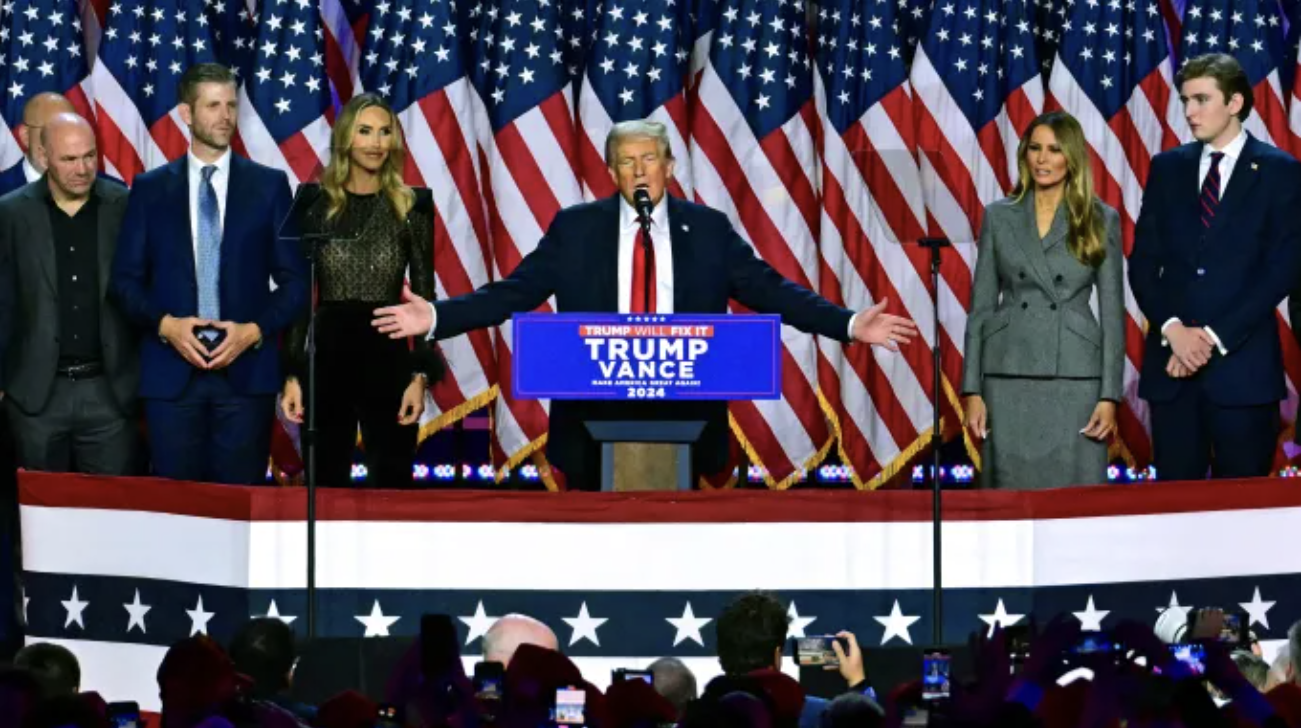
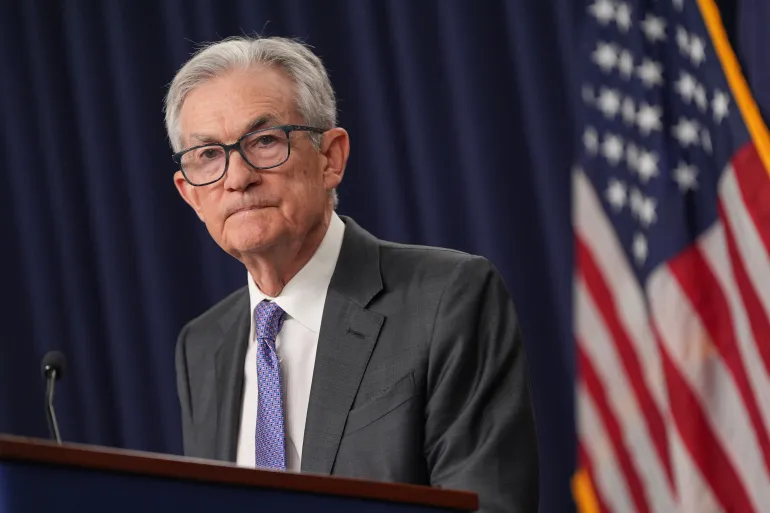

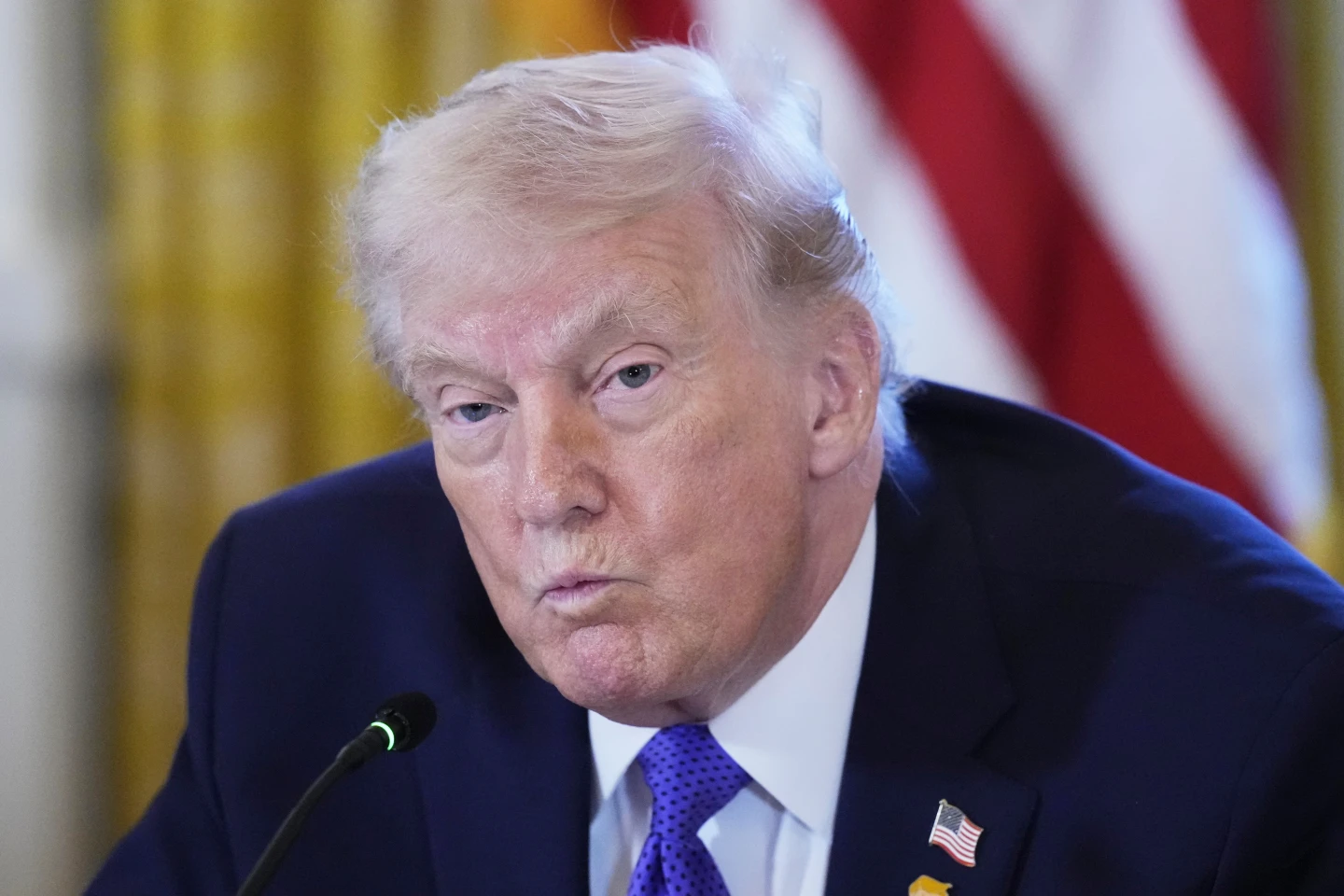
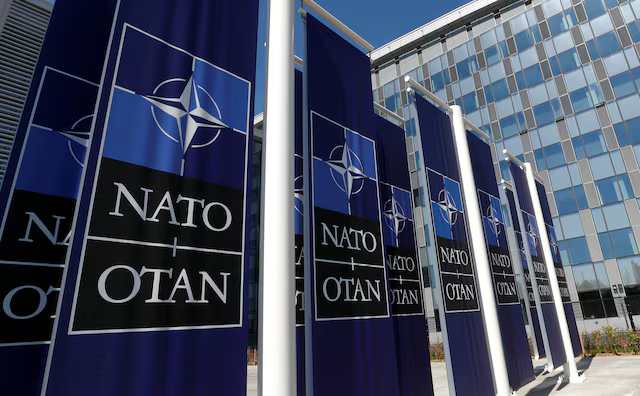
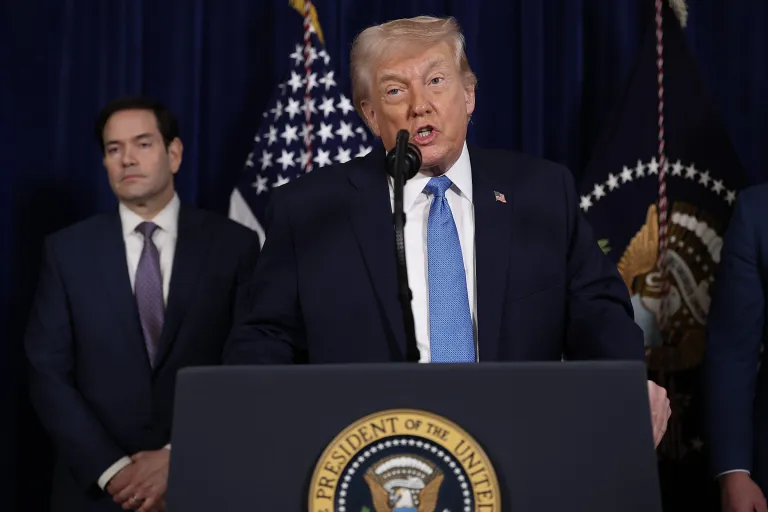
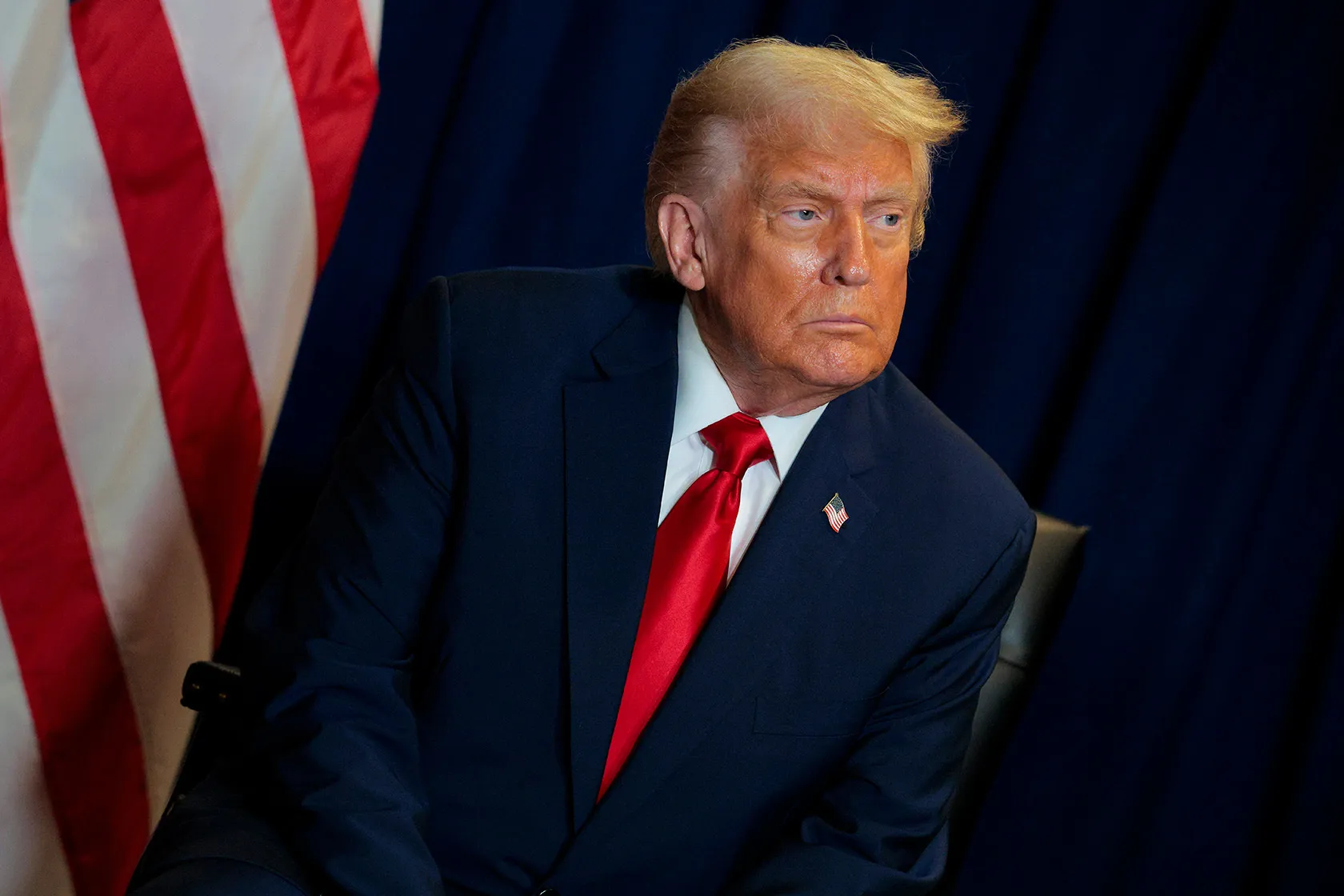
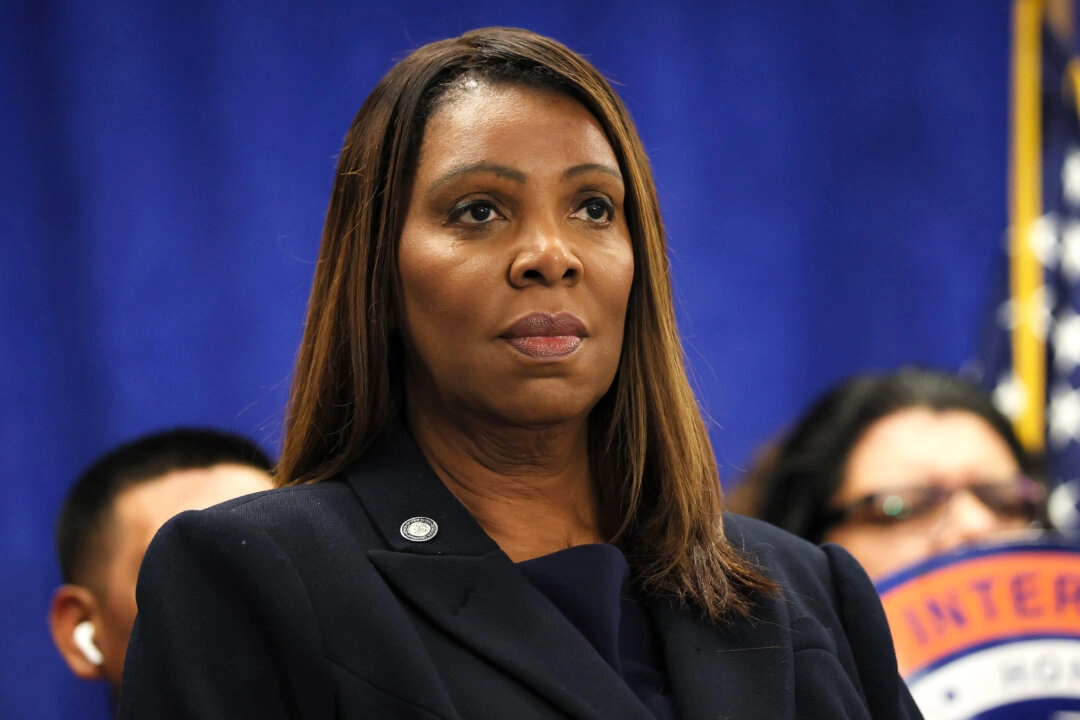
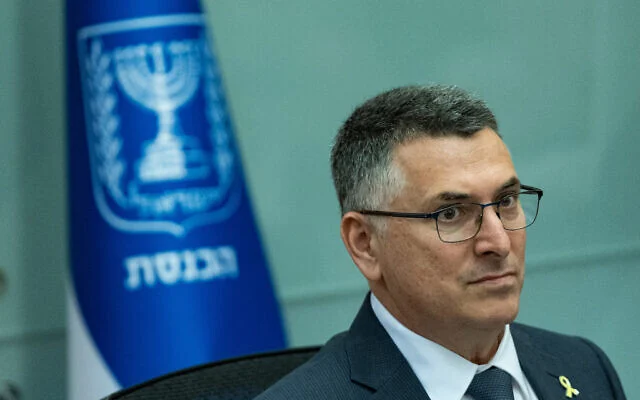
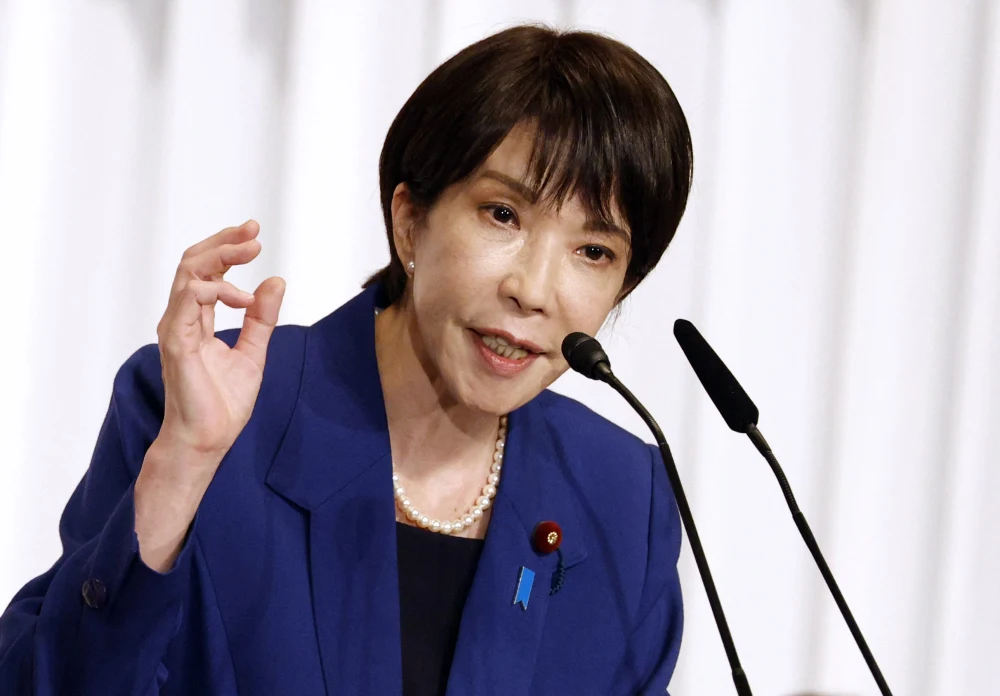
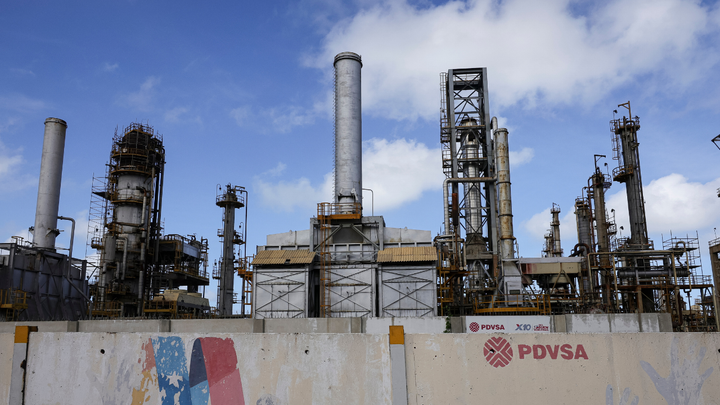
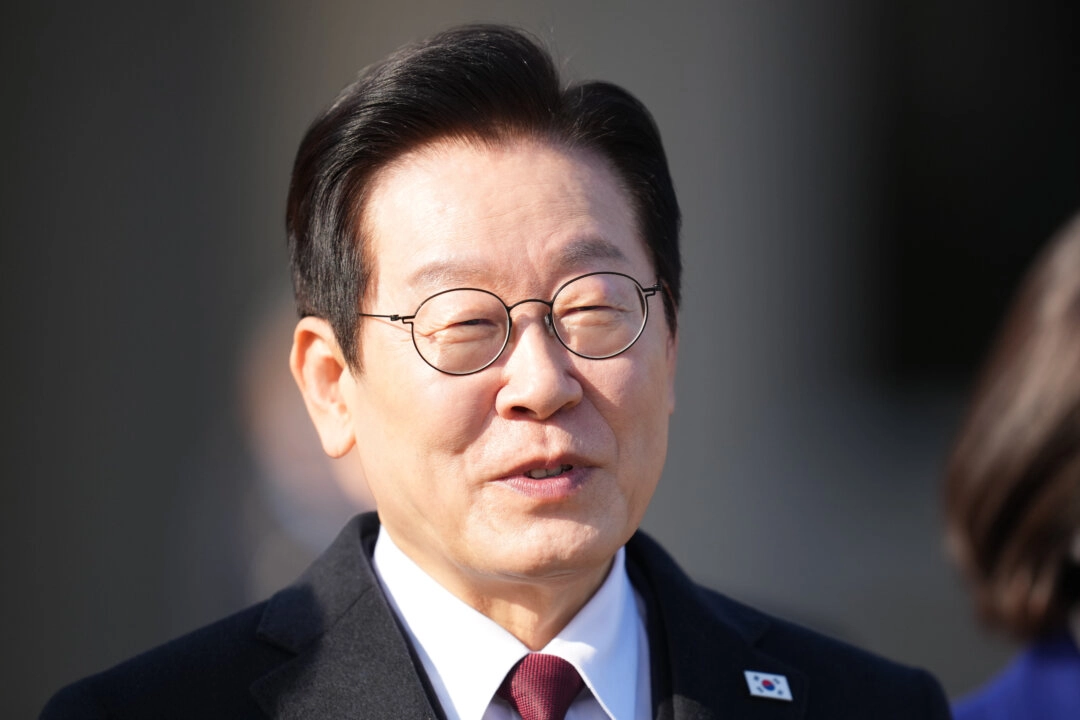
Discussion